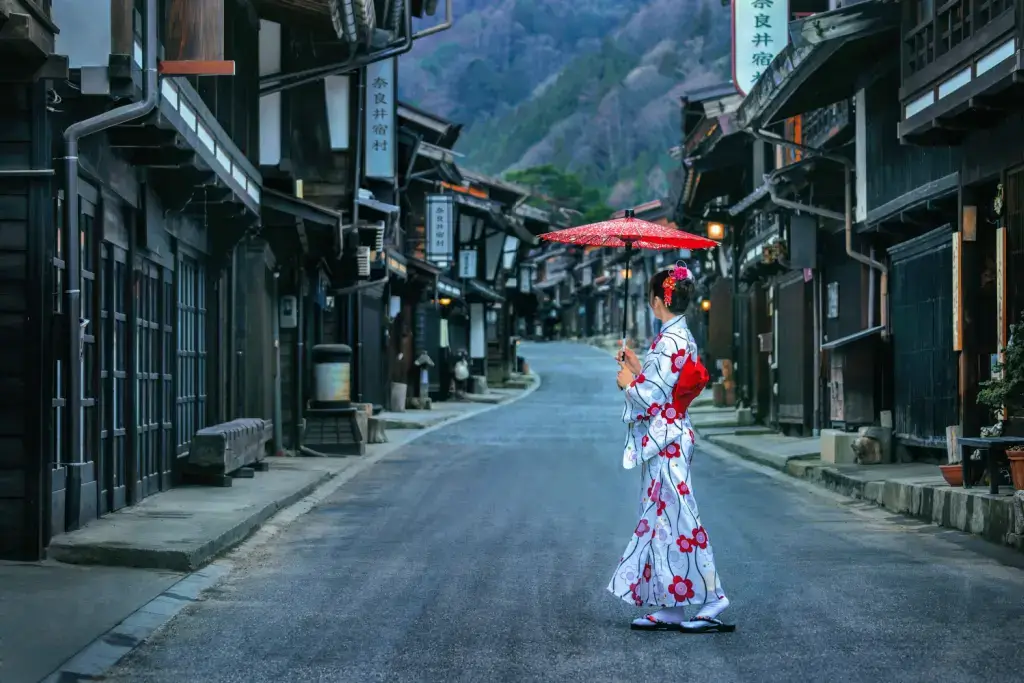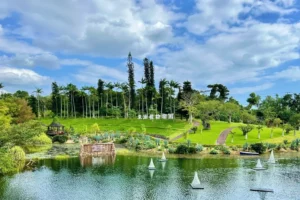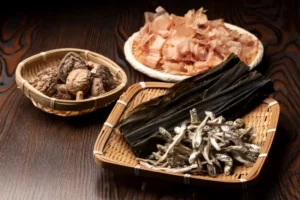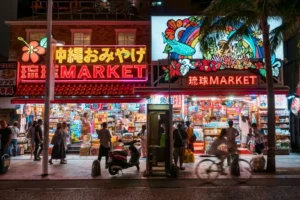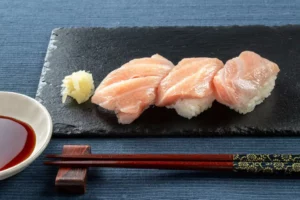Within Japan’s picturesque scenery are tranquil mountainside resort towns that captivate with their unique mix of nature, culture, and relaxation. These destinations will leave a lasting impression on those who crave outdoor adventures, historical exploration, or a serene retreat. Discover the allure of these hidden gems that promise an unforgettable journey!
Table of Contents
ToggleHida-Takayama (Gifu Prefecture)
Known as “Little Kyoto of the Japanese Alps,” Hida-Takayama attracts visitors with its well-preserved Edo-period streets lined with traditional houses and sake breweries. Walking through Sanmachi Suji, you can also glimpse Japan’s architectural past, where each building tells a story of craftsmanship and heritage. Additionally, do not miss the morning markets brimming with local produce and crafts, offering a taste of authentic mountain life.
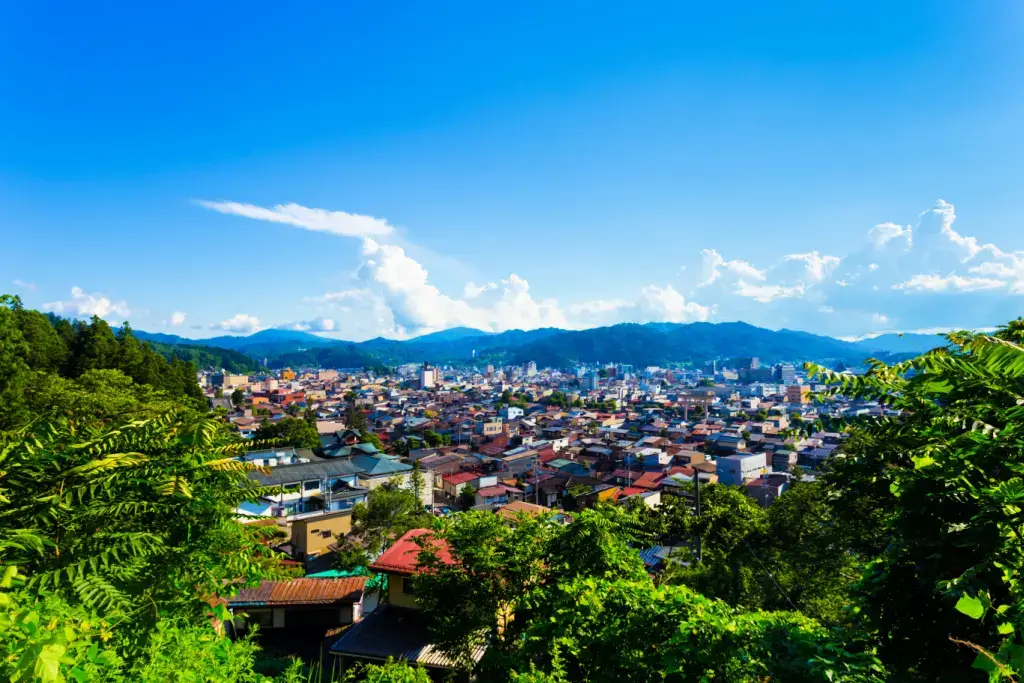
Moreover, the town’s unique blend of history and culture makes it a must-visit destination. As you explore, you will also find that the traditional atmosphere is preserved, providing a serene escape from the bustling cities. Furthermore, the local cuisine, including Hida beef and other regional specialties, adds to the charm of this picturesque town. In conclusion, Hida-Takayama offers a rich cultural experience that is both educational and enjoyable.
In addition to exploring the town’s historical charm, visitors can go on scenic hikes in the surrounding Hida Mountains. Trails like the Higashiyama Walking Course lead through green forests and past ancient temples, providing panoramic views of the town in the valley below. During winter, Hida-Takayama transforms into a snowy wonderland, perfect for skiing and snowboarding at nearby resorts.
Hakone (Kanagawa Prefecture)
Just an hour from Tokyo, Hakone attracts visitors with its volcanic landscapes, hot springs (onsen), and iconic views of Mount Fuji. Moreover, you can hop on a pirate ship cruise across Lake Ashi for panoramic vistas or soak in the therapeutic waters of Yunessun Spa Resort. Additionally, explore the Open-Air Museum for a blend of art and nature, making Hakone a haven for relaxation and cultural exploration.
Furthermore, the region offers various activities catering to different interests.
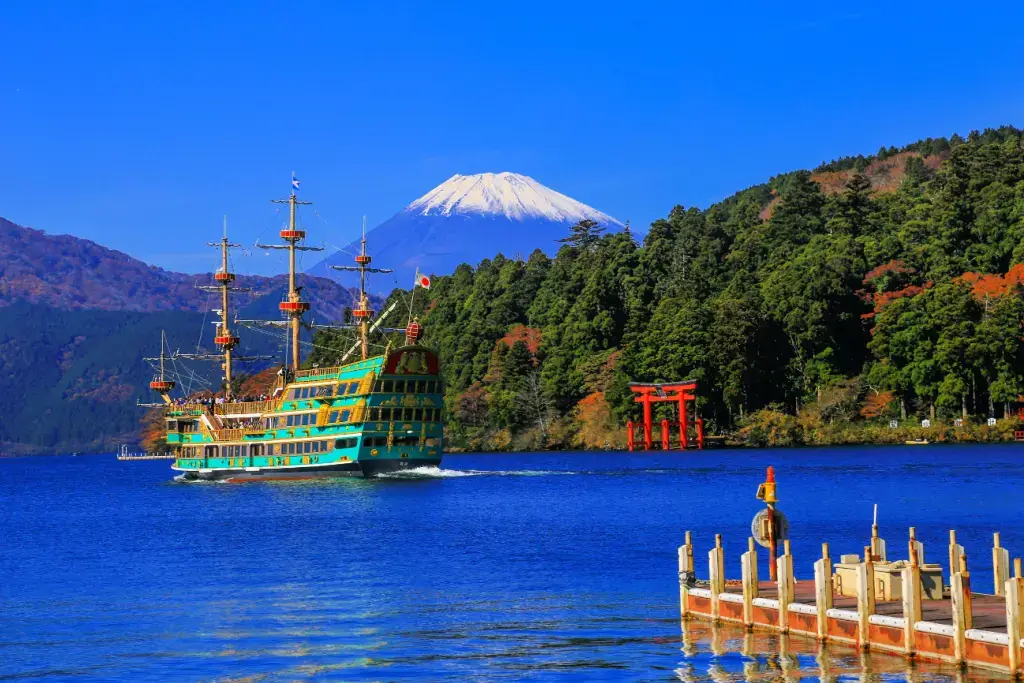
Beyond the popular attractions, Hakone offers a myriad of outdoor activities. Adventurous travelers can trek along the ancient Hakone Sekisho (checkpoint) trail, once traveled by samurai, or ride the Hakone Ropeway for breathtaking aerial views of Owakudani’s volcanic vents. If you go by foot, boat, or cable car, every journey in Hakone reveals a new facet of its natural beauty and cultural heritage.
Nikko (Tochigi Prefecture)
Nikko, a UNESCO World Heritage site, is a testament to Japan’s spiritual and natural history. Toshogu Shrine, decorated with intricate wood carvings and vibrant colors honoring Tokugawa Ieyasu, is a central point. You can also hike through the lush forests of Nikko National Park to discover cascading waterfalls and serene lakes. In autumn, the vibrant foliage paints the town in hues of red and gold, creating a breathtaking spectacle. All in all, Nikko is beautiful no matter the season.
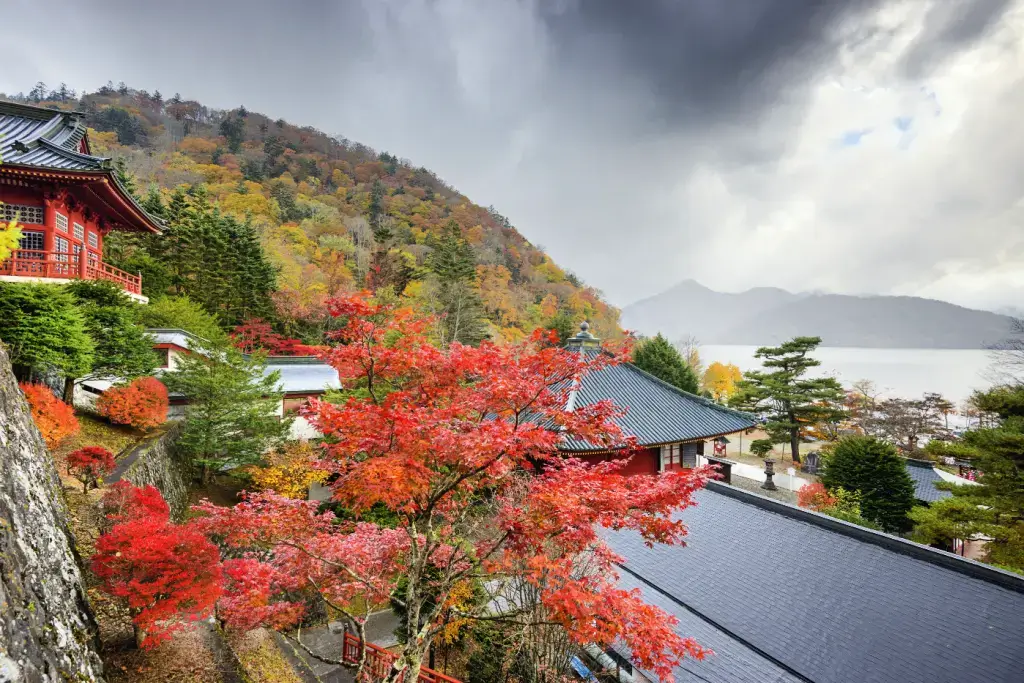
For those seeking an even deeper connection with nature, Nikko offers endless opportunities for outdoor exploration. Trails like the Senjogahara Marshland route lead through pristine wetlands teeming with wildlife, while Lake Chuzenji invites visitors to cruise its crystal-clear waters against a backdrop of towering mountains. Nikko undoubtedly captivates with its blend of cultural heritage and natural beauty.
Are you looking for amazing snacks while relaxing in a mountainside town? Check out Sakuraco! Sakuraco delivers traditional Japanese snacks, teas, sweets, and snacks from local Japanese makers directly to your door so you can enjoy the latest treats directly from Japan!
Kamikochi (Nagano Prefecture)
Located in Nagano Prefecture, Kamikochi brings in outdoor enthusiasts with its gateway to the Northern Japan Alps, celebrated for its pristine wilderness and extensive hiking trails. The Azusa River meanders through the valley, framed by majestic peaks like Hotaka and Yari. Myojin Pond mirrors the surrounding mountains, offering serene reflections, while adventurous spirits can tackle Mount Yakedake’s challenging trekking routes.
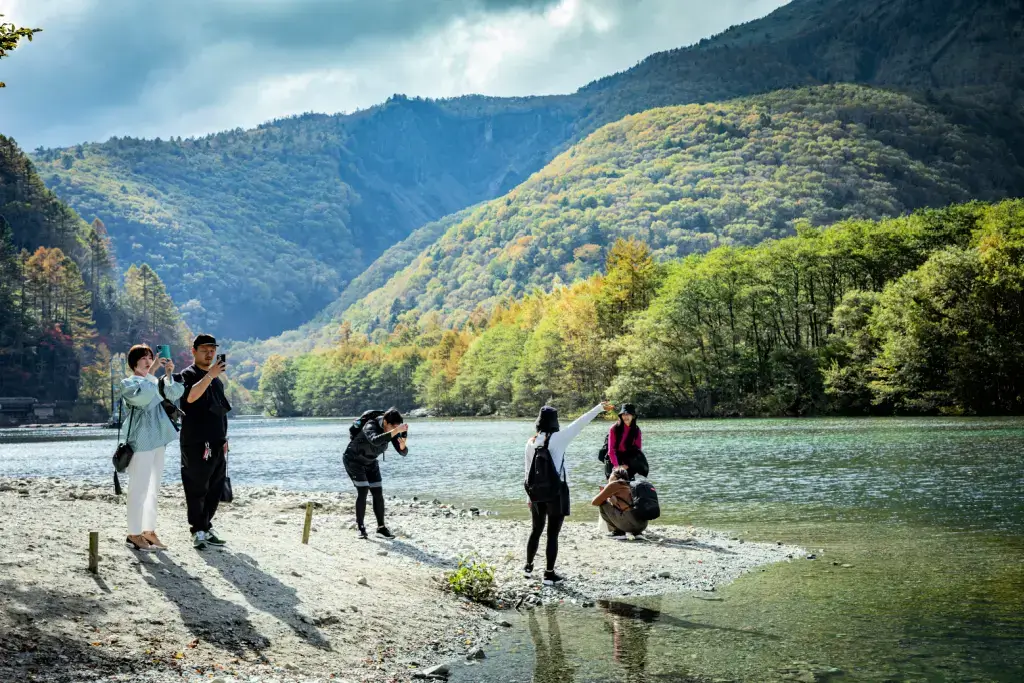
Throughout the seasons, Kamikochi’s natural beauty unfolds uniquely. First, spring blankets the valley edges with cherry blossoms, creating a picturesque scene. Meanwhile, autumn paints the landscape in vibrant hues of red and gold, a stunning backdrop for leisurely walks and hikes. However, the mountains wear a quiet mantle of snow in winter, perfect for snowshoeing and cross-country skiing. Kamikochi captivates visitors all year round with its timeless allure while covered with vibrant blossoms in the spring or blanketed with serene snowfall during the winter.
Narai (Nagano Prefecture)
Narai, located in Nagano Prefecture along the historic Nakasendo trail, preserves Japan’s Edo period heritage. Its well-maintained streets feature traditional wooden houses, providing a glimpse into Narai’s feudal past. The Kiso Narai Museum enriches understanding with artifacts highlighting local history and craftsmanship.
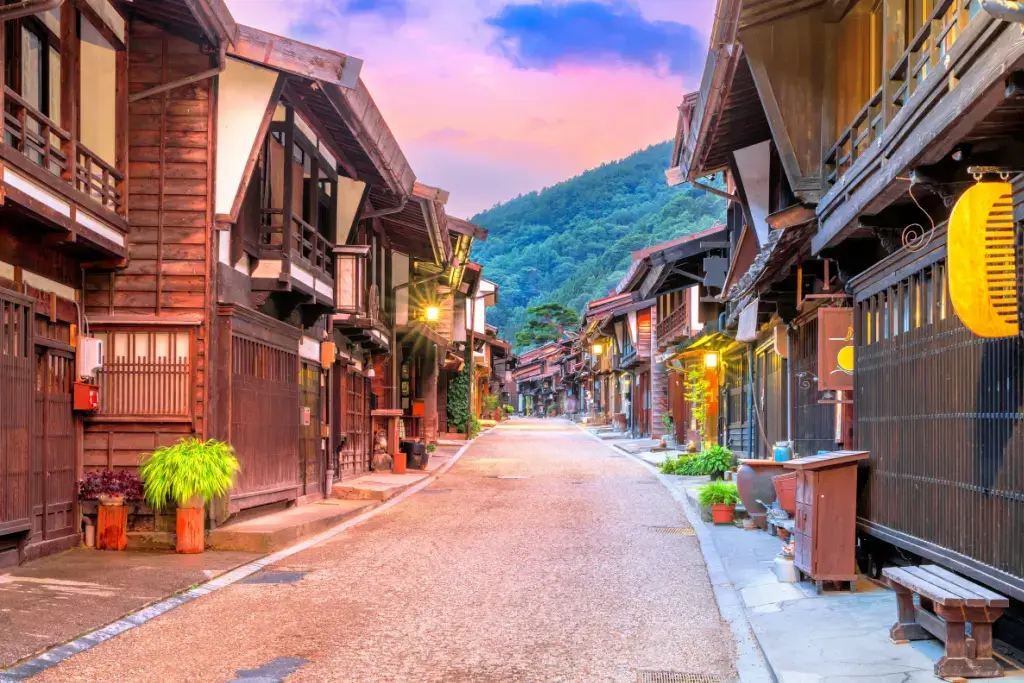
This town’s appeal extends beyond history, offering scenic walks along the Nakasendo trail amidst rice fields and forested hills. Cherry blossoms bloom in spring along the riverbanks, complementing summer festivals celebrating the town’s cultural heritage. Narai invites visitors to experience Japan’s rural charm through its architecture, cuisine, and natural landscapes.
Why should I visit these beautiful mountainside towns?
These mountainside resort towns in Japan are not just destinations; they are gateways to unique experiences and cultural treasures. Each town also offers something distinctive: historical immersion, natural beauty, or a serene escape from urban life. Unwind in soothing hot springs, hike through pristine wilderness, or explore centuries-old traditions – each town promises a memorable journey.
As you plan your next adventure, consider exploring Japan’s mountainside resort towns for a blend of history, culture, and natural beauty. Which town intrigues you the most? Have you visited any of these mountainside resort towns before? Feel free to share your thoughts and travel plans in the comments below!


